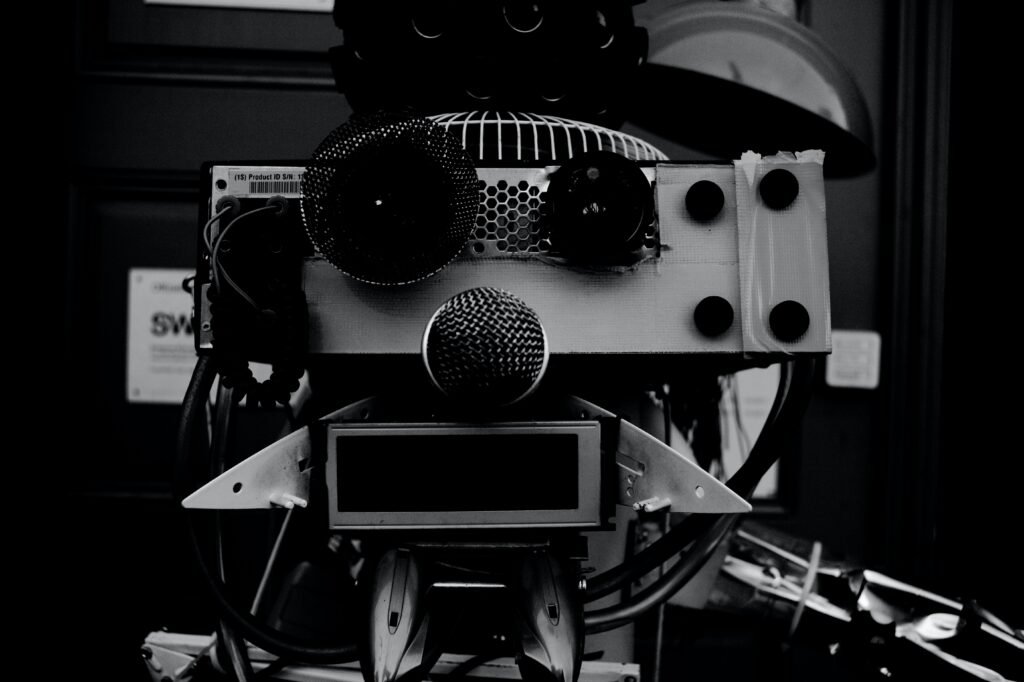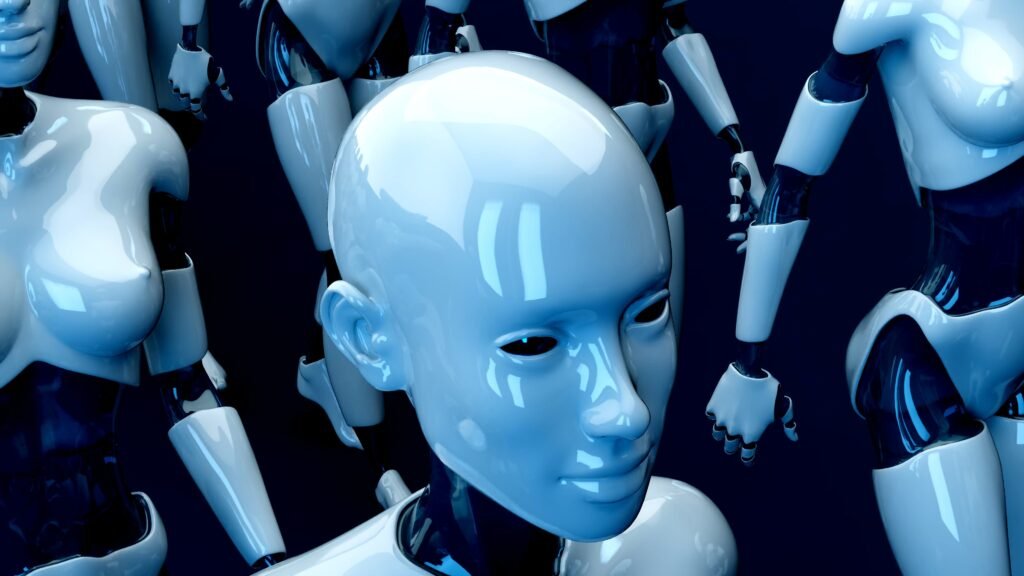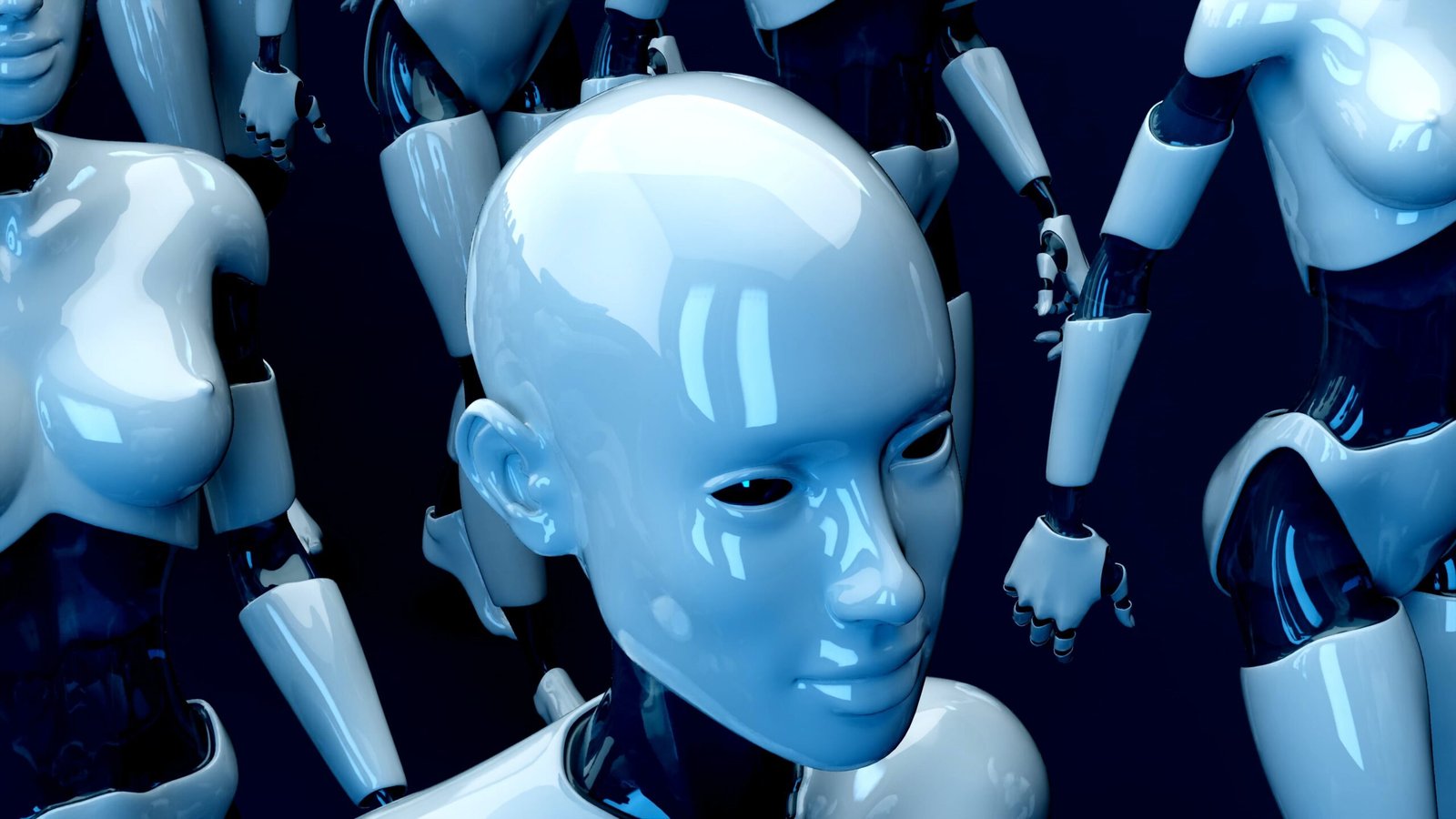In a world where technology continues to advance rapidly, one area that is seeing profound transformations is psychiatry. With the advent of artificial intelligence (AI), computers are now capable of performing tasks that were once exclusive to humans. From self-driving cars to virtual assistants like Siri and Alexa, AI has seamlessly integrated itself into our lives. However, beyond these everyday applications, researchers are now harnessing the power of AI to revolutionize mental healthcare. By utilizing AI, they aim to improve predictions, diagnoses, and treatments for mental illnesses, ultimately reshaping the field of psychiatry. While the potential of AI in psychiatry is undeniable, ethical concerns loom over issues such as bias, privacy infringement, job displacement, and the rise of super-intelligent machines. As we navigate this brave new world, we must explore both the possibilities and risks that AI holds for the future of psychiatric care.
Understanding Artificial Intelligence
Artificial Intelligence (AI) refers to the ability of computers to perform tasks that traditionally require human intelligence. This includes tasks such as problem-solving, decision-making, and learning. AI has gained significant attention in recent years and has become an integral part of our daily lives.

Defining Artificial Intelligence
AI encompasses a wide range of technologies and methodologies that enable machines to simulate human intelligence. These machines are programmed to process and analyze massive amounts of data, identify patterns, and make decisions based on the information.
The goal of AI is to create intelligent systems that can perceive, understand, reason, and learn from experiences, just like humans do. By leveraging machine learning algorithms, neural networks, and natural language processing, AI systems can continuously improve their performance over time.
Applications of AI
AI has evolved to find applications in various fields, beyond just self-driving cars and virtual assistants like Siri and Alexa.
In healthcare, AI is revolutionizing the way we approach the diagnosis and treatment of diseases. The potential of AI in psychiatry, in particular, is immense.
AI in Psychiatry: An Overview
Psychiatry is a branch of medicine that focuses on the diagnosis, treatment, and prevention of mental illnesses. It involves understanding the complex interplay of biological, psychological, and social factors that contribute to mental health disorders.
The Role of AI in Predictions, Diagnoses, and Treatments for Mental Illnesses
AI has the potential to enhance the predictions, diagnoses, and treatments for mental illnesses. By analyzing large datasets, AI algorithms can identify patterns and correlations that may not be evident to human clinicians. This can aid in early detection, accurate diagnoses, and personalized treatment plans.
Reshaping Psychiatry with AI
AI has the potential to reshape the field of psychiatry by providing insights into the underlying mechanisms of mental illnesses. By uncovering hidden patterns and relationships, AI can help psychiatrists develop more targeted and effective treatments for patients.
Potential Benefits of AI in Psychiatry
The integration of AI in psychiatry brings several potential benefits. AI algorithms can help clinicians make more accurate predictions and diagnoses, improve treatment outcomes, and enhance patient care. By automating routine tasks, AI can also free up clinicians’ time to focus on providing personalized care to their patients.
Identifying Risk Factors
Early detection of mental illnesses is crucial for successful treatment outcomes. AI can play a vital role in identifying risk factors and facilitating early intervention.
Utilizing AI for Early Detection of Mental Illnesses
AI can analyze large amounts of data, including electronic health records, genetic information, and social media activity, to identify early warning signs of mental illnesses. By detecting subtle changes in behavior and mood, AI algorithms can help detect mental illnesses in their early stages when intervention is most effective.
Identifying Genetic, Environmental, and Social Risk Factors
AI can also help identify genetic, environmental, and social risk factors that contribute to the development of mental illnesses. By analyzing genetic data, environmental factors, and social determinants of health, AI algorithms can provide insights into the complex interactions that influence mental health.

Improving Accuracy of Diagnoses
Accurate diagnosis is the foundation for effective treatment. AI can assist clinicians in making more accurate diagnoses by analyzing a wide range of data and providing objective insights.
AI-Assisted Diagnostic Tools
AI-assisted diagnostic tools can analyze patient data, such as medical history, symptoms, and imaging results, to provide clinicians with evidence-based recommendations. By comparing patient data to vast databases and clinical guidelines, these tools can help clinicians make more accurate diagnoses.
Reducing Misdiagnoses with Machine Learning Algorithms
Misdiagnoses can have severe consequences for patients. AI algorithms can reduce the risk of misdiagnosis by analyzing patterns and correlations in patient data. Machine learning algorithms can learn from past cases and identify potential red flags that human clinicians may overlook.
Improving Diagnostic Criteria with AI
The diagnostic criteria for mental illnesses are continuously evolving. AI can contribute to this evolution by analyzing large datasets and identifying new patterns and relationships. This can lead to a more nuanced understanding of mental illnesses and improve the accuracy of diagnostic criteria.
Assessing Treatment Effectiveness
Evaluation of treatment effectiveness is crucial to ensure optimal patient outcomes. AI can provide valuable insights into the effectiveness of different treatment approaches and help tailor personalized treatment plans for individuals.
AI-Driven Treatment Monitoring
AI can monitor the progress of patients undergoing treatment by analyzing data from wearables, mobile apps, and electronic health records. By tracking various indicators, such as mood, sleep patterns, and medication adherence, AI algorithms can provide real-time feedback to clinicians and help optimize treatment plans.
Personalized Treatment Plans with AI
Every individual is unique, and their response to treatment can vary significantly. AI can analyze patient data, such as genetic information, biomarkers, and treatment history, to personalize treatment plans. By considering individual characteristics and predicting treatment response, AI can help clinicians identify the most effective interventions.
Evaluating Treatment Response using AI
Measuring treatment response accurately is challenging. AI can assist in evaluating treatment response by analyzing patient-reported outcomes, behavioral patterns, and imaging data. By providing objective measurements, AI can help clinicians assess the effectiveness of different treatments and make informed decisions about adjustments.

Ethical Concerns with AI in Psychiatry
While the potential of AI in psychiatry is exciting, several ethical concerns need to be addressed.
Addressing Bias in AI Algorithms
AI algorithms are only as good as the data they are trained on. If the data used to train AI algorithms is biased or incomplete, the algorithms may result in biased predictions or recommendations. It is essential to ensure that AI algorithms are trained on diverse and representative datasets to mitigate bias.
Ensuring Privacy and Data Protection
AI in psychiatry relies on the collection, storage, and analysis of sensitive patient data. It is crucial to ensure that patient privacy and data protection are upheld throughout the process. Clear guidelines and regulations must be in place to safeguard patient confidentiality and prevent misuse of data.
Potential Job Displacement
The integration of AI in psychiatry may lead to concerns about job displacement for mental health professionals. While AI can automate routine tasks and enhance efficiency, it cannot replace the human connection and empathy that is crucial for effective mental health care. Mental health professionals must adapt and embrace AI as a tool to augment their expertise rather than as a replacement.
The Future of Super-Intelligent Machines
Speculation about the development of super-intelligent machines and their implications for society raises ethical concerns. Questions about the degree of autonomy and decision-making authority given to AI systems must be addressed to ensure that they align with human values and do not pose existential threats.
Conclusion
AI has the potential to revolutionize the field of psychiatry by improving predictions, diagnoses, and treatments for mental illnesses. By utilizing AI to identify risk factors, improve diagnostic accuracy, assess treatment effectiveness, and personalize treatment plans, mental healthcare can be transformed. However, it is crucial to address the ethical concerns associated with AI in psychiatry to ensure patient privacy, reduce bias, and minimize the risk of job displacement. With careful consideration and responsible implementation, AI can be a powerful tool in enhancing mental healthcare and improving patient outcomes.






